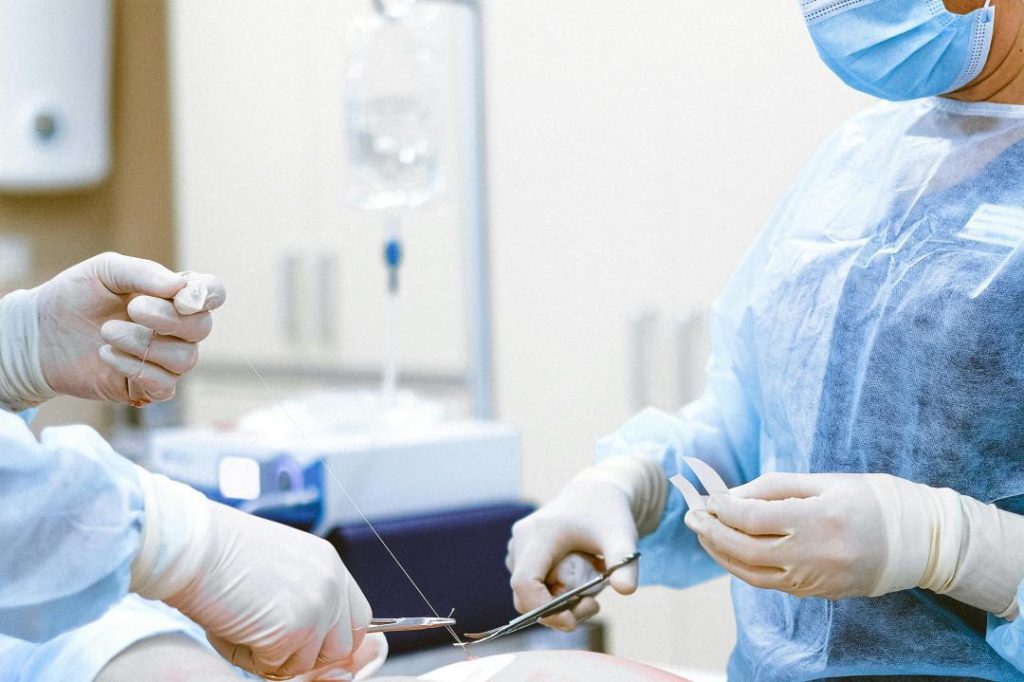
Can Creatine Help You Recover Faster After Injury or Surgery?
When you suffer an injury or undergo surgery, your body goes into recovery mode. This process can be lengthy and grueling, especially when you’re not able to engage in your usual physical activities. During this time, it’s crucial to focus on preserving muscle mass and promoting a smooth recovery. One supplement that has gained popularity in recent years is creatine, which may help reduce muscle loss and improve recovery during periods of rest. In this blog post, we’ll explore the benefits of creatine for post-injury or post-surgical recovery and how it can support your rehabilitation journey.
What is Creatine?
Creatine is a naturally occurring substance found in muscle tissue that helps supply energy to your muscles. It’s often used by athletes and bodybuilders to improve strength, power, and endurance. However, creatine’s benefits extend beyond the athletic world. When taken daily, creatine can help preserve muscle mass and enhance rehab outcomes, especially when combined with light movement or physical therapy during recovery.
How Does Creatine Help with Recovery?
Creatine works by increasing the amount of phosphocreatine in your muscles. Phosphocreatine is a high-energy compound that helps replenish ATP (adenosine triphosphate), the primary source of energy for your muscles. When you’re resting or engaging in low-intensity activities, your muscles don’t require as much energy. Creatine helps maintain phosphocreatine levels, ensuring that your muscles have a steady supply of energy, even when they’re not being used intensely.
During periods of rest, muscle loss can occur due to a decrease in protein synthesis and an increase in muscle breakdown. Creatine helps mitigate this process by:
- Preserving muscle mass: By maintaining phosphocreatine levels, creatine helps reduce muscle breakdown and preserve muscle mass.
- Improving muscle function: Creatine’s energy-boosting properties can help improve muscle function, even during periods of rest.
- Enhancing rehab outcomes: When combined with physical therapy or light movement, creatine can help improve rehab outcomes by reducing muscle loss and improving muscle function.
Benefits of Creatine for Post-Injury or Post-Surgical Recovery
Creatine’s benefits for post-injury or post-surgical recovery are numerous:
- Reduced muscle loss: Creatine can help preserve muscle mass, reducing the risk of muscle loss and atrophy.
- Improved rehab outcomes: By enhancing muscle function and reducing muscle loss, creatine can help improve rehab outcomes and reduce the risk of complications.
- Faster recovery: Creatine’s energy-boosting properties can help reduce recovery time by improving muscle function and reducing fatigue.
- Reduced pain: Creatine may help reduce pain and discomfort during the recovery process by improving muscle function and reducing inflammation.
- Improved mental health: Creatine’s anxiolytic properties can help reduce stress and anxiety during the recovery process.
When to Take Creatine During Recovery
When taking creatine during recovery, it’s essential to follow a consistent dosing schedule to ensure optimal benefits. A common dosing protocol includes:
- Loading phase: Take 20-25 grams of creatine per day for 5-7 days to quickly increase phosphocreatine levels.
- Maintenance phase: Take 3-5 grams of creatine per day for the duration of your recovery period.
Conclusion
Creatine is a supplement that has gained popularity in recent years due to its ability to support muscle energy and strength, even without intense activity. When taken daily, creatine can help preserve muscle mass and enhance rehab outcomes, especially when combined with light movement or physical therapy during recovery. Whether you’re recovering from an injury, surgery, or simply need a boost to get through a challenging period, creatine may be a valuable addition to your supplement routine.
Sources:
https://thepfc.club/blogs/news/can-creatine-help-you-recover-faster-after-injury-or-surgery






